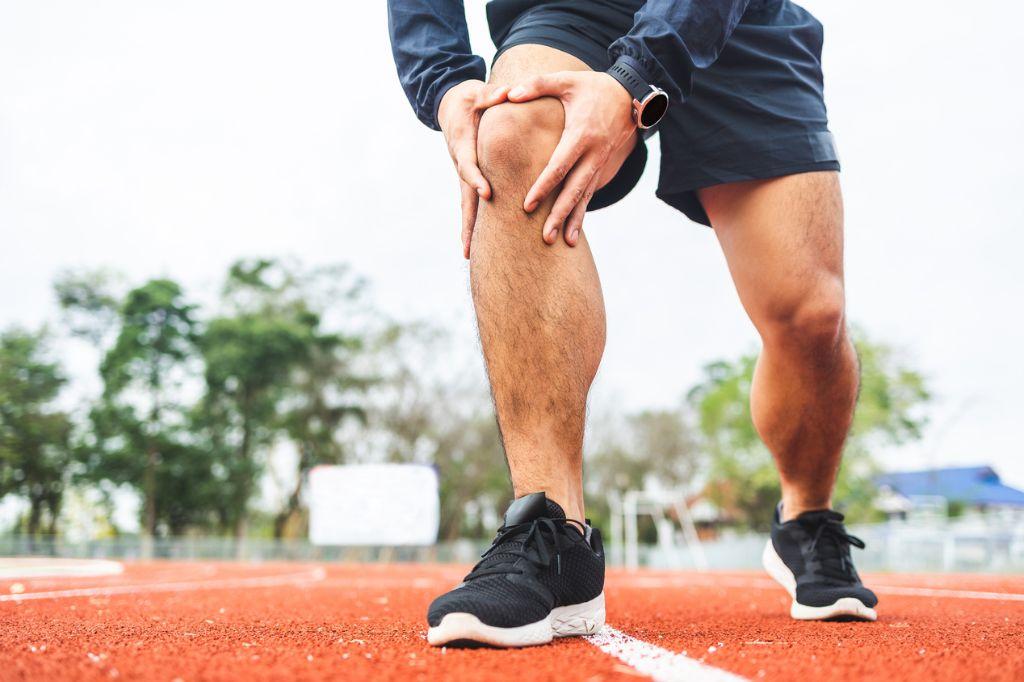Knee pain can be more than just an inconvenience; it can significantly impact your ability to perform daily activities and enjoy your favorite sports. If you’ve ever felt a sudden, sharp pain in your knee or experienced swelling and instability, you might be dealing with a torn ligament.
At Performance Sports Medicine Institute, Dr. Paletta is an expert in knee ligament reconstruction, providing top-tier care to help you fully recover and get back to your active lifestyle.

A Look at Knee Ligaments
The knee contains several key ligaments that provide stability and support:
- Anterior Cruciate Ligament (ACL): Located in the center of the knee, it controls rotation and forward movement of the tibia.
- Posterior Cruciate Ligament (PCL): Also in the center, it controls backward movement of the tibia.
- Medial Collateral Ligament (MCL): Found on the inner side of the knee, it provides stability to the inner knee.
- Lateral Collateral Ligament (LCL): Located on the outer side, it provides stability to the outer knee.
5 Symptoms of a Torn Ligament in the Knee
Recognizing the symptoms of a torn ligament can help you seek timely treatment and prevent further damage:
1. Sudden Pain
A torn ligament often results in immediate and severe pain. The pain can be sharp and intense, making it difficult to bear weight on the affected leg.
2. Swelling
Swelling around the knee usually occurs within the first 24 hours after the injury. This is due to bleeding inside the joint from the torn ligament.
3. Instability
Feeling like your knee is giving way or cannot support your weight is a common symptom of a torn ligament, particularly with ACL injuries. This instability can make walking and other activities difficult.
4. Reduced Range of Motion
A torn ligament can significantly restrict your ability to move your knee fully. You might find it hard to straighten or bend your knee without pain.
5. Popping Sound
Many people report hearing or feeling a pop in their knee at the time of injury. This sound is often associated with ACL tears.
When to See Dr. Paletta
If you experience any of these symptoms, it’s crucial to consult with an expert like Dr. Paletta at Performance Sports Medicine Institute. Dr. Paletta is renowned for his expertise in knee ligament reconstruction, offering advanced surgical techniques and personalized care to ensure the best outcomes for his patients.
Treatment Options
Non-surgical Treatments
For less severe tears, especially partial tears of the MCL or LCL, non-surgical treatments might be sufficient. These include rest, ice, compression, elevation (RICE), physical therapy, and bracing.
Surgical Reconstruction
For complete tears or injuries that cause significant instability, surgical reconstruction might be necessary. Dr. Paletta uses state-of-the-art techniques to repair and reconstruct torn ligaments, helping patients regain strength and stability in their knees. Post-surgery, a comprehensive rehabilitation program is essential for a full recovery.
Ready to Address Your Knee Pain?
A torn ligament in your knee can be a serious injury, but with expert care from Dr. Paletta at Performance Sports Medicine Institute, you can achieve a successful recovery. Recognizing the symptoms early and seeking professional treatment can make all the difference in your rehabilitation journey.
Take the Next Step Toward Recovery
Don’t let knee pain hold you back. If you suspect a torn ligament, contact Performance Sports Medicine Institute today to schedule a consultation with Dr. Paletta. Our team is dedicated to helping you get back on your feet and back to the activities you love.

